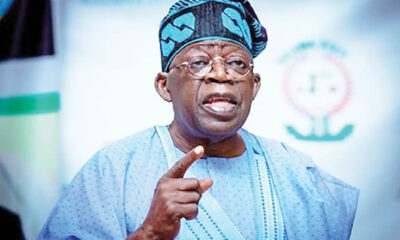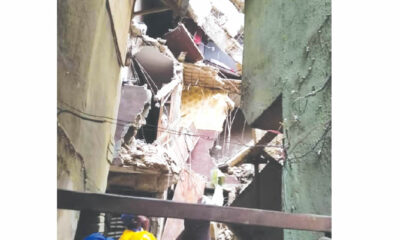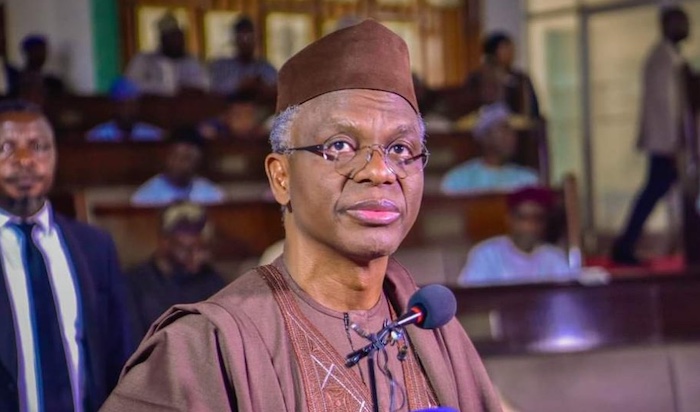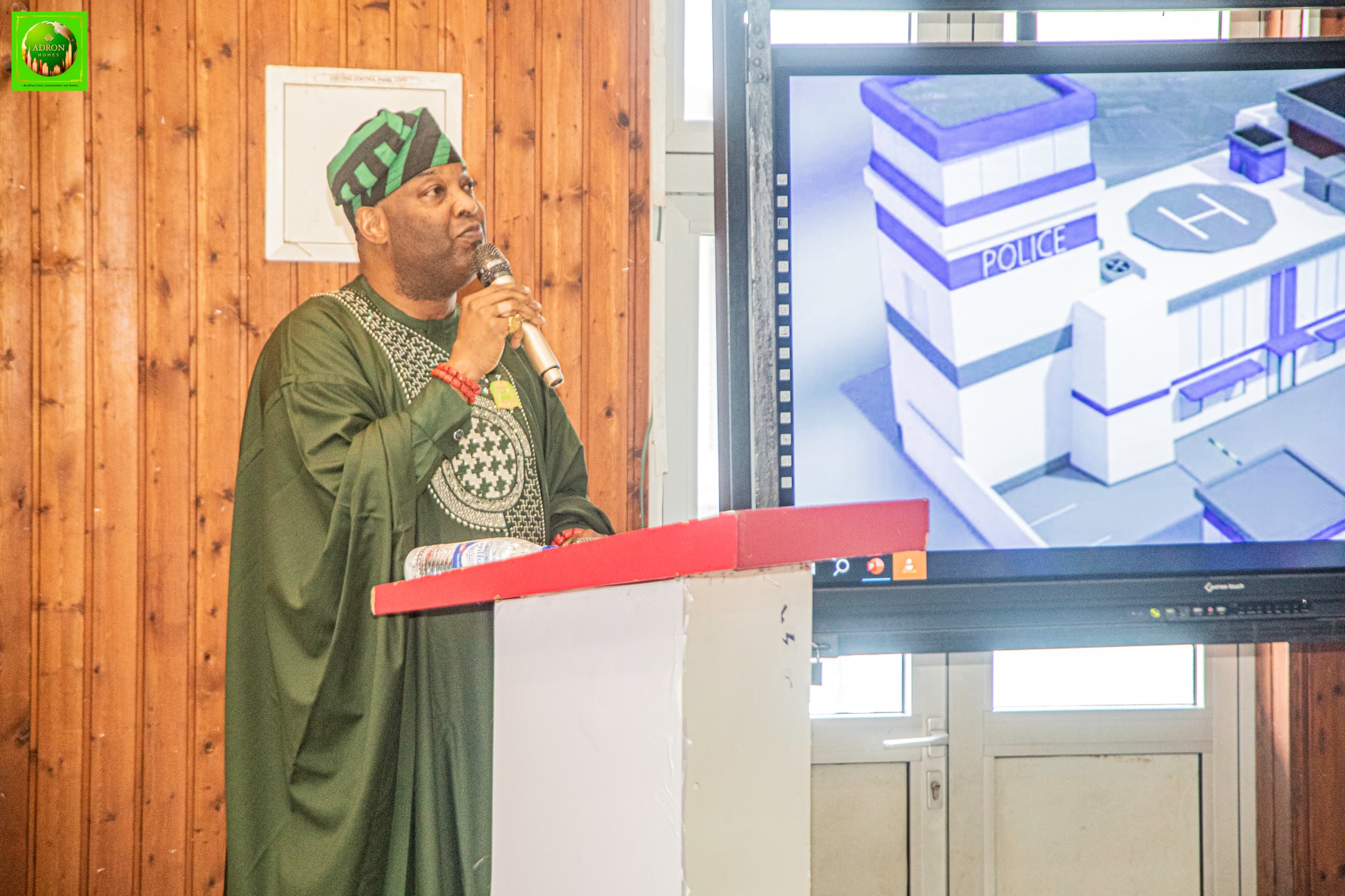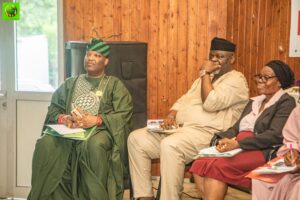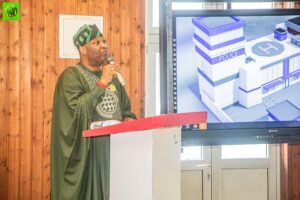Nigeria’s President, Asiwaju Bola Ahmed Tinubu, yesterday mandated the 37-man committee saddled with the responsibility of making recommendations for a new minimum wage to submit its report within a short time.
The president officially opened the Tripartite National Minimum Wage Committee Wednesday in Abuja.
Governors applauded the committee’s formation and pledged to see to it that it is carried out.
Six governors, a few ministries, and representatives from the business and labour unions make up the committee’s membership.
Otu Bassey of Cross River State represents the South-South; Mohammed Bago of Niger State represents the North Central; Bala Mohammed of Bauchi State represents the North East; Dikko Radda of Katsina State represents the Northwest; Charles Soludo of Anambra State represents the Southeast; and Ademola Adeleke of Osun State represents the Southwest.
Other members are the Ministers are Minister of Finance and Coordinating Minister of the Economy, Wale Edun; Minister of Budget and Economic Planning, Atiku Bagudu; the Head of the Civil Service of the Federation, Dr. Yemi Esan, and the Minister of State for Labour and Employment, Nkeiruka Onyejeocha.
Represented by Vice President Kashim Shettima, President Tinubu also directed the Bukar Goni Aji-led Committee to ensure their decisions are firmly rooted in social justice and equity.
To guarantee sustainability across the tiers of government, the President said the committee should pay attention to the ability of all parties to pay the new wage.
President Tinubu said the timely submission of the report is very critical to the take-off of the new wage regime.
He, however, disclosed that he has already instructed the Minister of Finance and Coordinating Minister of the Economy to make funds available to the committee for the assignment.
The President said government’s decision, following the consideration of the final recommendation, will be presented as an Executive Bill to the National Assembly.
He added: “This bill, enriched by the contributions of state governments and private sector employers, will undergo thorough legislative scrutiny before being passed into law.”
Emphasising the import of social justice and equity, the President said “our objective should be to surpass the basic Social Protection Floor for all Nigerian workers, considering the sustainable payment capacity of each tier of government and other employers or businesses.
“I express this viewpoint because the minimum wage represents the least amount of compensation an employee should receive for their labor, and as such, it should be rooted in social justice and equity. I hope that the results of your deliberations will be consensual and acceptable to all parties involved.”, he added.
President Tinubu reaffirmed his administration’s promise to improve the welfare of workers and, by extension, the entire nation, saying: “The labour force stands as the cornerstone of the progress of every nation, and ours has been the enduring engine of our pursuit of development.”
He directed that governors, ministers and the Head of the Civil Service of the Federation, who are members, to personally attend the committee meetings and in the event where they are unavoidably absent, their deputies, commissioners and Permanent Secretaries should represent them.
President Tinubu said: “Recognizing the significance of this initiative and to ensure a substantial engagement, I hereby direct that Ministers and the Head of the Civil Service of the Federation should personally attend the meeting. In their unavoidable absence, their Permanent Secretaries should represent them.
“Similarly, governors are expected to attend in person or be represented by their deputies or commissioners where necessary. I urge you to consider the issue of a National Minimum Wage and all related matters with thoroughness and concern, keeping in mind not only the welfare of our workforce but also the impact on the country’s economy.”
- Governors Need Alternative Funding — Bago
Speaking on behalf of his colleagues, Bago said states will find alternative ways of funding to meet the demand of new minimum wage.
He said: “We don’t want to preempt the outcome of this meeting, but you need to understand that the sub-nationals also have challenges and that the Federal Government, in its own wisdom, has brought the sub-nationals into perspective and this discussion will be done together with the sub-national. So, I’m not sure we’re going to foresee any challenge.”
“We are looking for alternative ways of funding and we’re assured that with the backward integration in the economy, a lot of us will be able to stand tall to this challenge.”
The Secretary to Government of the Federation, Sen. George Akume, urged the committee to give its best to satisfy the hopes and aspirations of millions of workers.
He said the inauguration of the committee was in fulfilment of the promise of the Tinubu administration to embark on a comprehensive review of the minimum wage
The Chairman of the Tripartite Committee, Alhaji Bukar Goni Aji, assured the President that the committee will do justice to the task.
He said: “We shall, by God’s grace, carry out extensive consultations with key stakeholders to arrive at a new minimum wage that is fair, practical and implementable,” Aji, a former Head of Service of the Federation, noted.
The President of the Trade Union Congress of Nigeria (TUC), Festus Osifo, said the proposed minimum wage should be very unique, urging the committee to be guided by the harsh economic conditions of workers.
Osifo said: “We’ve had a lot of minimum wage negotiations over the years, but this one will stand out, it will stand out because we have never seen a time like this in Nigeria. So, this is a period where people are passing through pains, in fact, the purchasing power of an average Nigerian worker, and indeed the entire Nigerian masses, has been eroded. So we are going to put on our thinking cap we are going to press to get the best for the working people of Nigeria.”
The Life Vice President of the Nigerian Association of Chambers of Commerce, Industry, Mines and Agriculture (NACCIMA), Mr Humphrey Ngonadi, who is also a member of the committee, urged the Federal Government to tame the escalating prices of commodities in the market for the proposed upwards review to be meaningful.
Ngonadi also suggested that to tame market prices of commodities, government must manage the volatile foreign exchange market by shoring up the value of the Naira against major foreign currencies.
He said: “I thank God for this initiative that government is taking at this particular place, but I’m still being worried. We may remember some time long ago there was an Udoji Award and that was the first time salaries of workers were increased and immediately after the increment, the commodity in the market ran up to meet.
“So, while we are talking about minimum wage, I think government, on its own side, has to think on how to bring down the prices of commodities in the market.
“If a worker is paid N1 million as the minimum wage and a bag of rice is N900,000, the N1 million still has no meaning. So what I think is while we are thinking of minimum wage, to hike the salary of the worker, the government, on its own side, has to think of how that money will have value.”
He added: “Having value is if a bag of rice that was N8000 yesterday is now N50,000 and you increase the salary of the workers and the price or price will be N200,000, the salary increase has no value. So I think the government is now going in the right direction, also, while we increase the salary of the workers, let government work on the prices of commodities to come down.
“If the dollar will step down now, the prices of commodities will step down. My mind is going that way.”

 BIG STORY2 days ago
BIG STORY2 days ago
 BIG STORY3 days ago
BIG STORY3 days ago
 BIG STORY1 day ago
BIG STORY1 day ago
 BIG STORY3 days ago
BIG STORY3 days ago
 BIG STORY2 days ago
BIG STORY2 days ago
 BIG STORY3 days ago
BIG STORY3 days ago
 BIG STORY3 days ago
BIG STORY3 days ago
 BIG STORY2 days ago
BIG STORY2 days ago















